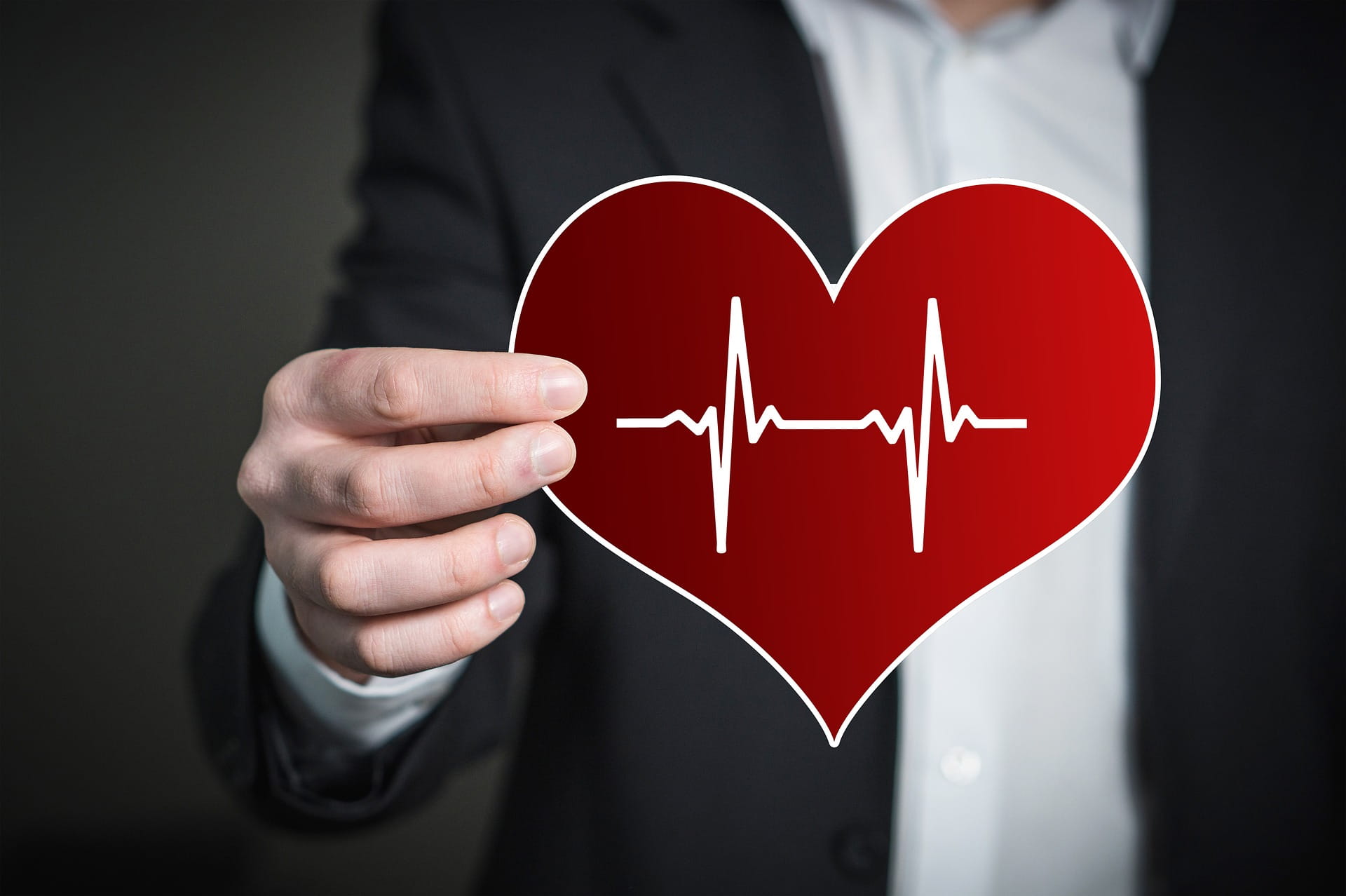Author: Northwoods Urology

7 Signs Men Need to See a Urologist
Going to a primary care physician, dentist, or optometrist are all normal, common things. But what are the signs men need to see a urologist? Although they aren’t popular topics, male urinary or sexual issues are common as well. If you notice any of the signs below, then it may be time to see a urologist. A urologist is a doctor specializing in what is known as the genitourinary tract. It’s the part of the body consisting of the kidneys, ureters, urethra, bladder, prostate gland, and the male reproductive organs. Urologists also treat male and female sexual dysfunction and fertility issues.
Men are encouraged to see a urologist for a checkup especially around the age of 50, although many are suggesting going sooner, around the age of 40. Going sooner rather than later is the key, especially if you are noticing certain health issues. Here are seven signs that you may need to see a urologist.
- Erectile dysfunction
ED affects between 30 to 50% of men between the ages of 40 and 70. Needless to say, it’s a common issue. There are many causes and symptoms to ED, so seeing a urologist is your first step. A urologist will look into several causes, including vascular health, hypertension, renal failure, obesity, and several other issues that may result in ED.
- Blood in the urine
Also known as hematuria, blood in the urine can be scary. It could possibly be a symptom of bladder or kidney cancer. Seeing a urologist right away is key. They can find the root cause – whatever is causing blood to be in the urine.
- Leaking urine
Urinary incontinence is never something a man wants to experience and deal with. A urologist can help by prescribing specific drugs, or recommending treatment to fix the problem.
- Enlarged prostate
BPH (Benign prostatic hyperplasia) is the technical term for enlarged prostate. It affects over 50% of men over 60 and up to 90% of men 70 or older. An enlarged prostate can cause symptoms like urgent urination, weak urine stream or difficulty urinating, increased urination at night, or inability to fully empty the bladder.
- Testicular pain or mass
Experiencing pain or feeling a mass in the testicle is a sign that a man should see a urologist right away. Although it’s rare, it could be a sign of testicular cancer. Get checked right away to allow for early detection just in case.
- Kidney stones
Kidney stones are a common occurrence and can be reoccurring if not treated. There are several treatments available, and seeing a urologist will set you on the right track to finding a solution.
- Elevated PSA
Although it may not be commonly known, The PSA (prostate specific antigen) test is one of the most sensitive indicators of prostate cancer. Monitoring PSA levels can help detect prostate cancer. It is important to have a urologist check and monitor PSA levels, especially if they are elevated. Ask your doctor about PSA testing.
Although there are several others symptoms that could necessitate a visit to a urologist, these symptoms are some of the most common. It’s not always on the forefront of men’s minds, but as age increases the need to stay on top of your urological health increases.





